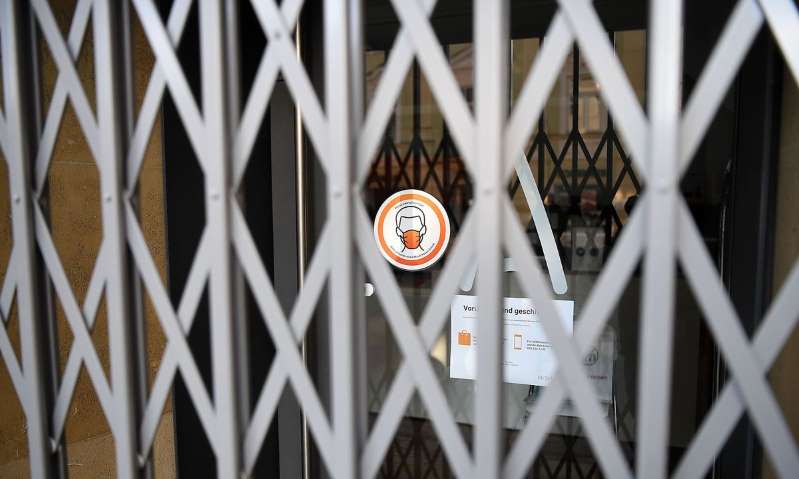
Berlin / Vienna. Due to the still high number of infections and, above all, concerns about the more infectious British mutant of the coronavirus, most European countries are currently in a lockdown. A situation that also has an impact on economic development. The German Institute for Economic Research (DIW) said on Wednesday that economic output in Austria's most important trading partner would drop by three percent in the first quarter. The German federal government has therefore reduced its expectation for the year as a whole from an increase of 4.4 percent to an increase of three percent.
“In the service sector in particular, added value is falling significantly and is far below that of last summer,” says DIW economic director Claus Michelsen. “We are currently assuming that the hard lockdown will be maintained until the end of February and then gradually lifted – and that is the optimistic scenario.” The economist emphasizes that the German economy has a “long and rocky road” before it could grow again. According to DIW, the situation for industrial companies is better than it was during the first lockdown in spring 2020. “So far, supply chains do not seem to be severely disrupted, and export demand has not collapsed.” However, the ongoing restrictions are likely to gradually affect industry. Since the substance of many companies has now deteriorated, the risk of a wave of bankruptcies is increasing – at least in the sectors particularly affected.
Austrian economic researchers have similar expectations for Austria. Here, too, it is above all the service sector (tourism) that is causing concern. Wifo is currently forecasting an increase of 2.5 percent for 2021. The latest forecast for the IHS is 3.1 percent, but the current lockdown is not yet included. This could reduce growth to around 1.7 percent, it said last.
A billion loss a week
The development is also easy to read from the National Bank's weekly economic indicator. Accordingly, the slump is currently half as strong as in spring 2020. Compared to the same period of the previous year, however, there is a decrease of eleven percent. According to the OeNB, this means a loss of added value of just under a billion euros per week. (Jaz / Reuters)
[R5B8I]

